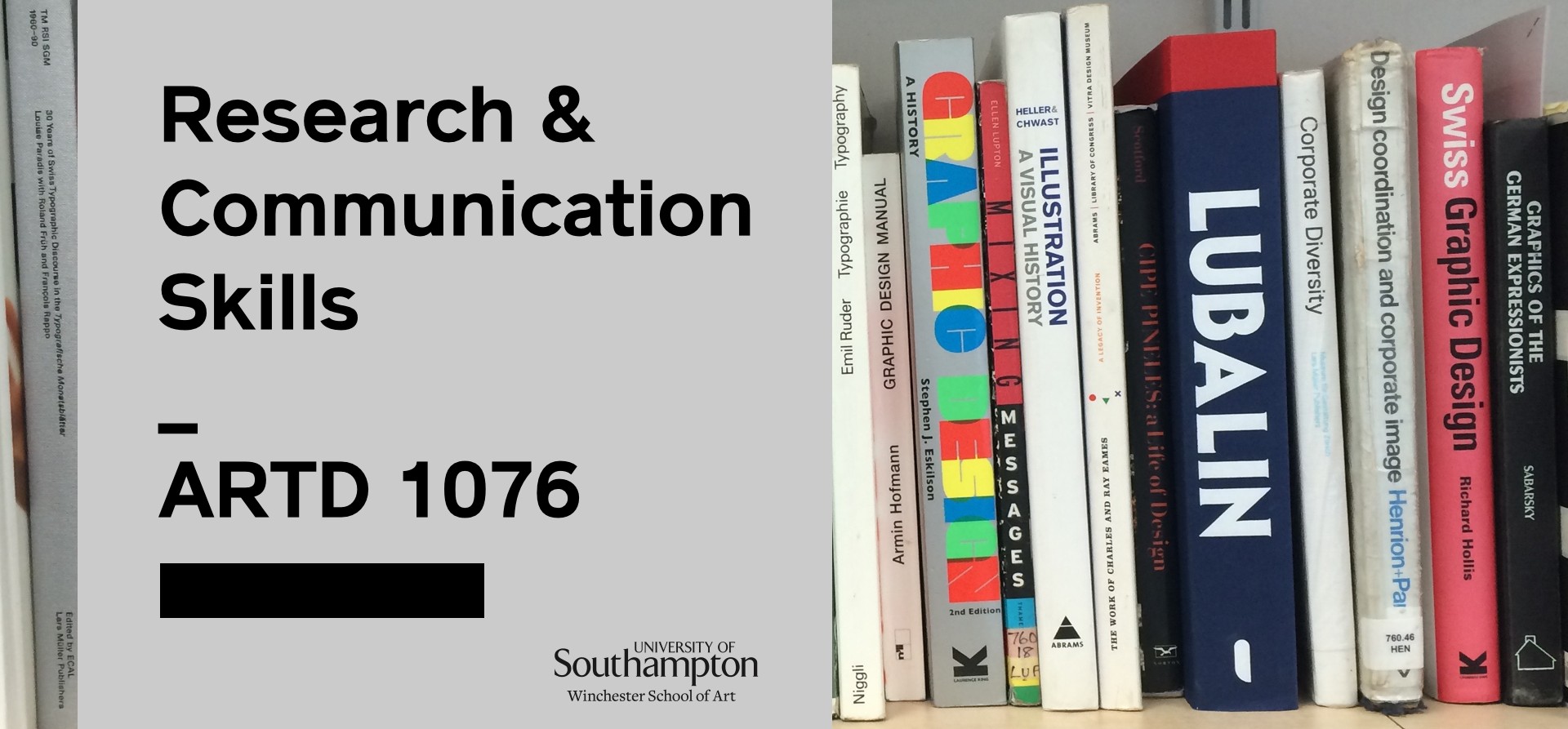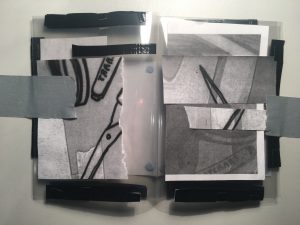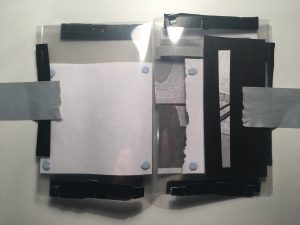Susan Neiman’s book ‘Why Grow Up?’ explores the concept of maturity, at both an individual, psychological level, as well as societally, from the wider lens of an anthropological as well as a political perspective. Through examining our fascination with youth and the way in which we tend to idealise and glorify what it is to be young, Neiman evaluates and questions the pre-existing notions we hold of ‘youth’, ‘adulthood’ and ‘growing up’.
Neiman argues that we are a society obsessed with youth – and bombarded with such rhetoric, from the Evian ‘live young’ campaign/slogan to the fairy-tale stories of Peter Pan, a boy who is forever young, in a stage of perpetual childhood. She critiques the way in which the modern day ‘adult’ is a figure of stilted growth/development and our inability to discern this. Instead, unquestioningly, we feed into the images and messages perpetuated by the media and society. It is after all easier to let others make our decisions for us.
The author considers this abdication of responsibility and individual onus as a sign of immaturity and whilst in youth we are keen to be active agents of control in our own lives, when faced with difficult and challenging decisions, it is likely that we mentally retreat to the comfort of ignorance or lack of expertise.
This touches on the political aspect of the book – how we are manipulated or beguiled by the decision makers in society, lulled into a false sense of security whereby we believe that we are free and the decisions we make our entirely our own rather than spoon-fed to us
Neiman draws chiefly from the works of philosophers Kant and Rousseau in order to support her premise and references a range of others. The arguments and ideas she tackles are extremely engaging, such as the conflicting ideas of life as a downhill trajectory and idealistic notions of maturity. In essence, the crux of the argument is of one generation always longing to be in the others’ position – our lack of satisfaction with the present and discontent preventing us from appreciating that the grass is not always greener.
‘Coming-of-age’, youth, maturity, old age each with their own advantages and pitfalls, we should not idealise what it is we do not have. The way in which we perceive these ideas is naïve and over-simplified – we cannot have it all. Adulthood is not in fact to have independence, freedom etc, but to ‘trad[e] possibility for experience’.


